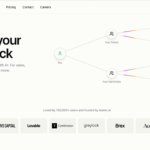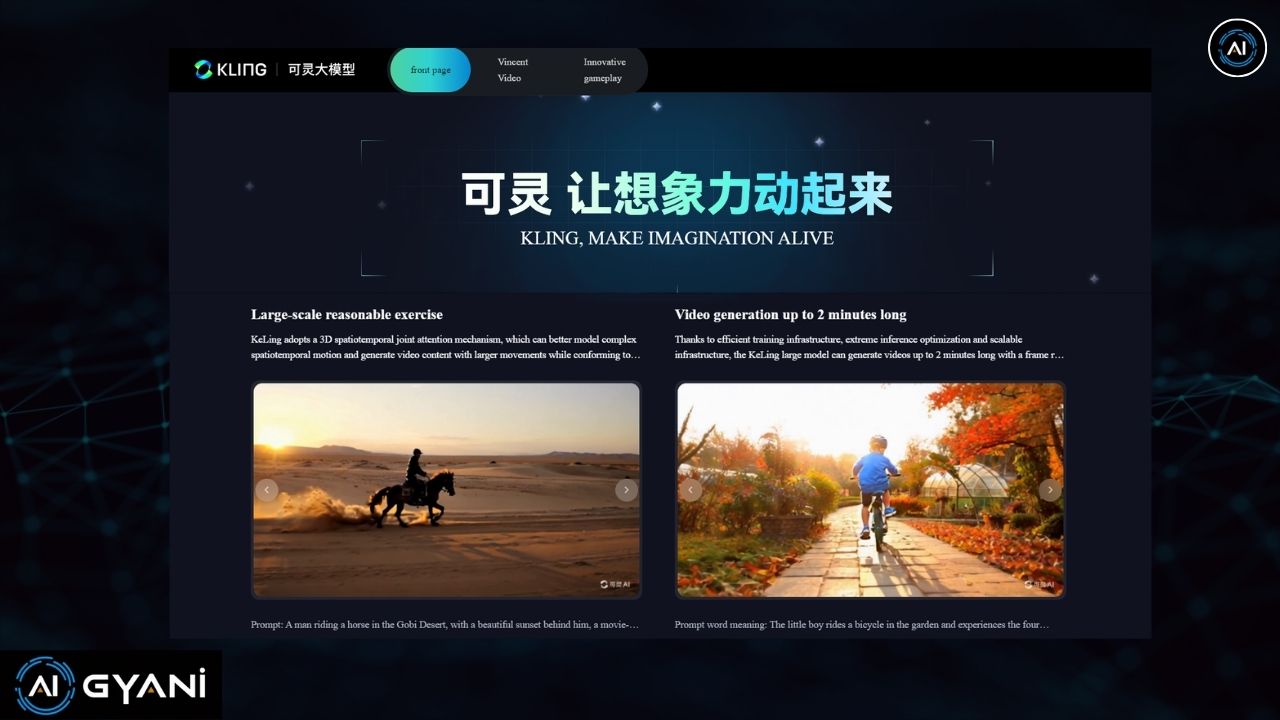In the rapidly evolving tech world, AI tools are reshaping various fields. OpenAI’s upcoming model, Sora, generates videos from text commands, but it faces competition from China’s Kuaishou Technology.
They introduced Kling AI, a text-to-video model that generates 1080p high-definition videos up to 2 minutes long from simple text prompts, simulating realistic motions and physical attributes.
Demonstration videos on Chinese social media showcase Kling’s capabilities, some of which have also appeared on X (formerly Twitter).
Quick Info
| Tool Name | Kling AI |
| Tool Category | AI Video Generator |
| Company Name | Kuaishou Technology |
| Country | China |
| Launch Year | 2024 |
| Key Feature | Text to Video Generator |
| Official Website / Link | kling.kuaishou.com |
Kling AI Website Link
Are you looking for the Kling AI Official Website or link? Visit the official Kling AI Website for more information.
Kling AI Features
Kling AI offers several impressive features that make it a leader in video generation:
- High-Quality Video: Kling AI can create two-minute videos in 1080p at 30 frames per second, resulting in clear and visually stunning videos.
- Realistic Simulations: It can accurately mimic real-world properties, making videos look almost real. It models complex movements effectively and generates videos that follow realistic motion laws.
- Diffusion Transformer Architecture: This technology helps turn text prompts into vivid, engaging scenes.
- Uses 3D VAE: This self-developed system supports various aspect ratios and enhances the model’s versatility and performance.
- Cinematic Quality Videos: Produces cinematic-quality visuals with grand scenes and detailed close-ups.
- 3D Face and Body Reconstruction: This feature allows complete control over expression and movement from just one full-body picture.
Kling AI Videos & Prompt
Prompt 1: A Chinese man sits at a table and eats noodles with chopsticks
Prompt 2: A white cat driving in a car through a busy downtown street with tall buildings and pedestrians in the background
Prompt 3: A Chinese boy wearing glasses enjoys a delicious cheeseburger with his eyes closed in a fast food restaurant
How to use Kling AI?
After witnessing the stunning video generations from Kling AI, the main question on everyone’s mind is: how do you use this incredible tool? Are you also searching for “How to Use Kling AI for Video Generation“?
Despite much information on the internet suggesting that the model is publicly available, it is only accessible to invited beta testers and Chinese users in the Kwaiying (KwaiCut) app as a demo. Free access to the model for everyone may be coming shortly.
The answer is that the Kling AI model is still in its trial phase and is currently unavailable for everyone.
Stay tuned for updates as Kuaishou Technology continues to refine and expand access to this groundbreaking AI model.
Kling AI vs Sora AI
Kling AI and Sora AI are two groundbreaking models in the field of text-to-video generation. Developed by Kuaishou Technology, Kling AI uses advanced 3D face and body reconstruction backed by the company’s proprietary technology, 3D VAE. This allows users to create videos in various aspect ratios through variable resolution training, enabling full expression and limb movement from a single full-body photo.
On the other hand, OpenAI’s Sora also generates highly realistic videos from simple text prompts but focuses on producing high-definition 1080p videos up to 2 minutes long. After watching some real creations from both tools, Sora tends to hit a bit higher in quality and realism. While both models excel in generating lifelike video content, Kling’s edge lies in its advanced 3D reconstruction capabilities, offering more flexibility in video creation.
The true competition and output of these tools will be fascinating to witness when both are made public. The competition between them is expected to drive further innovation in the field of AI-driven video generation, and we can anticipate exciting advancements from both Kling and Sora.









